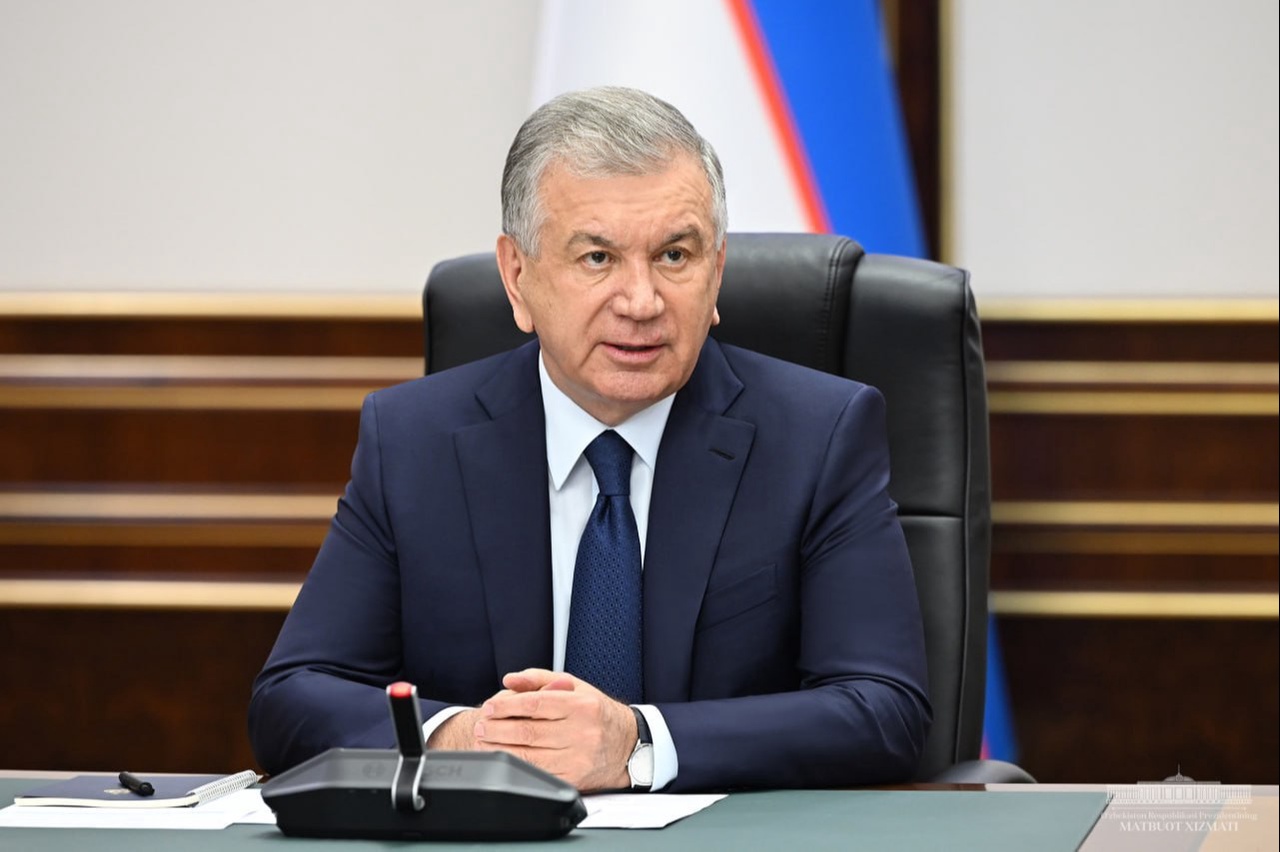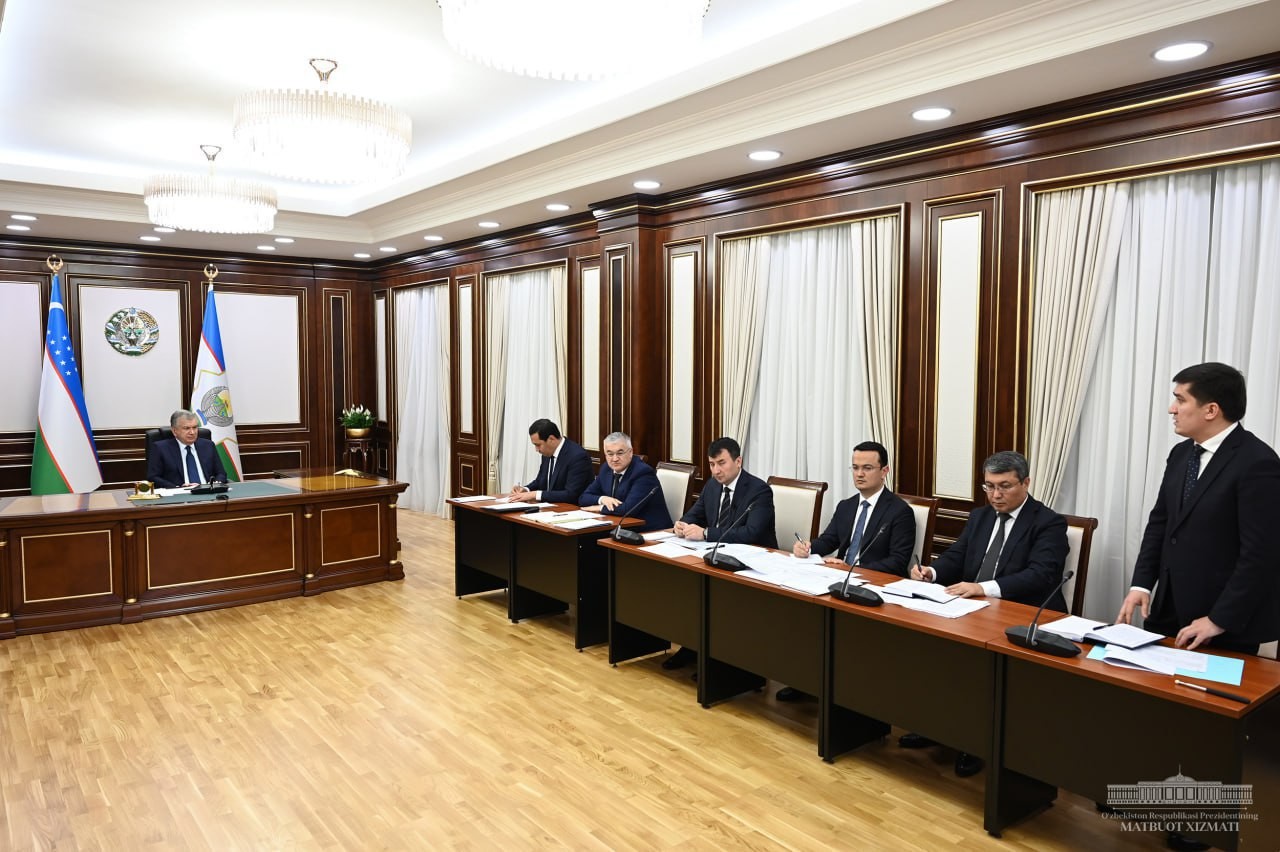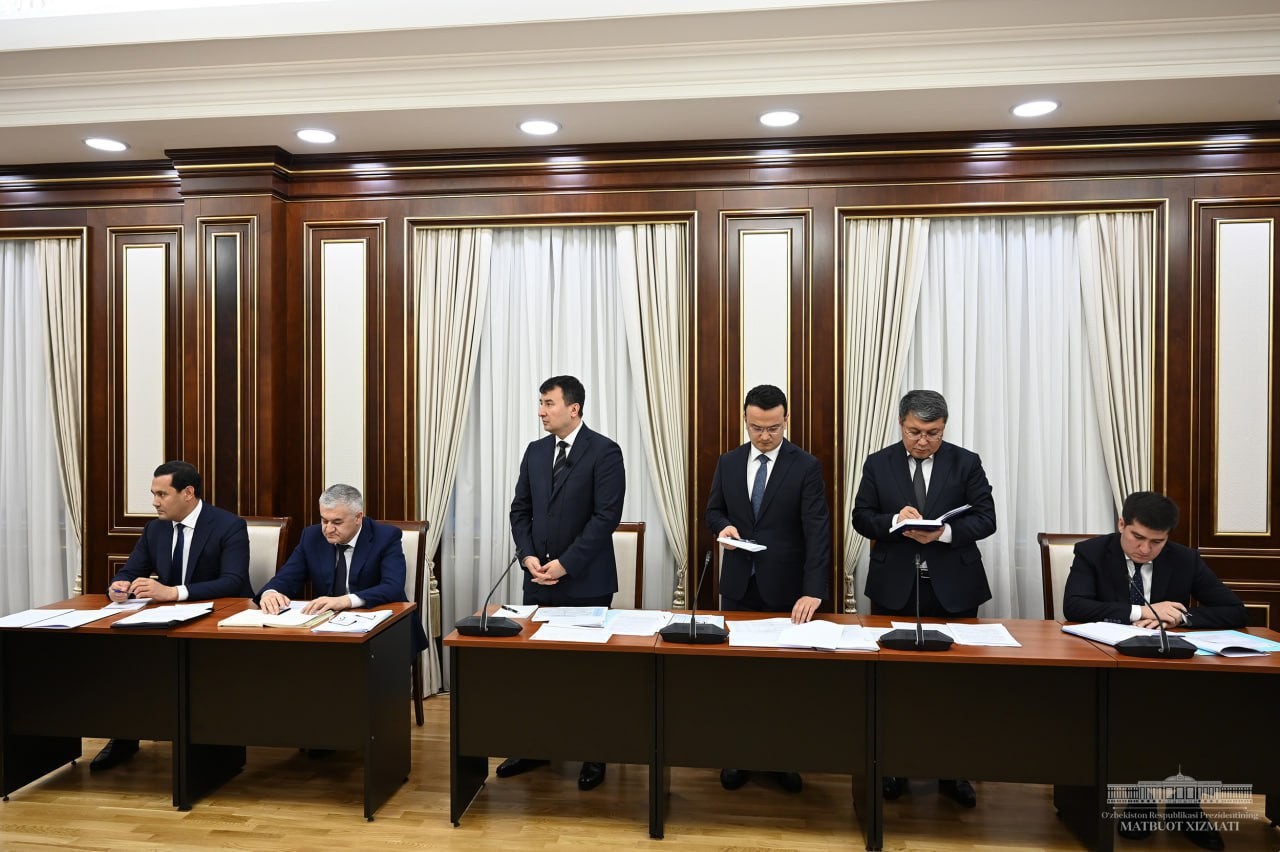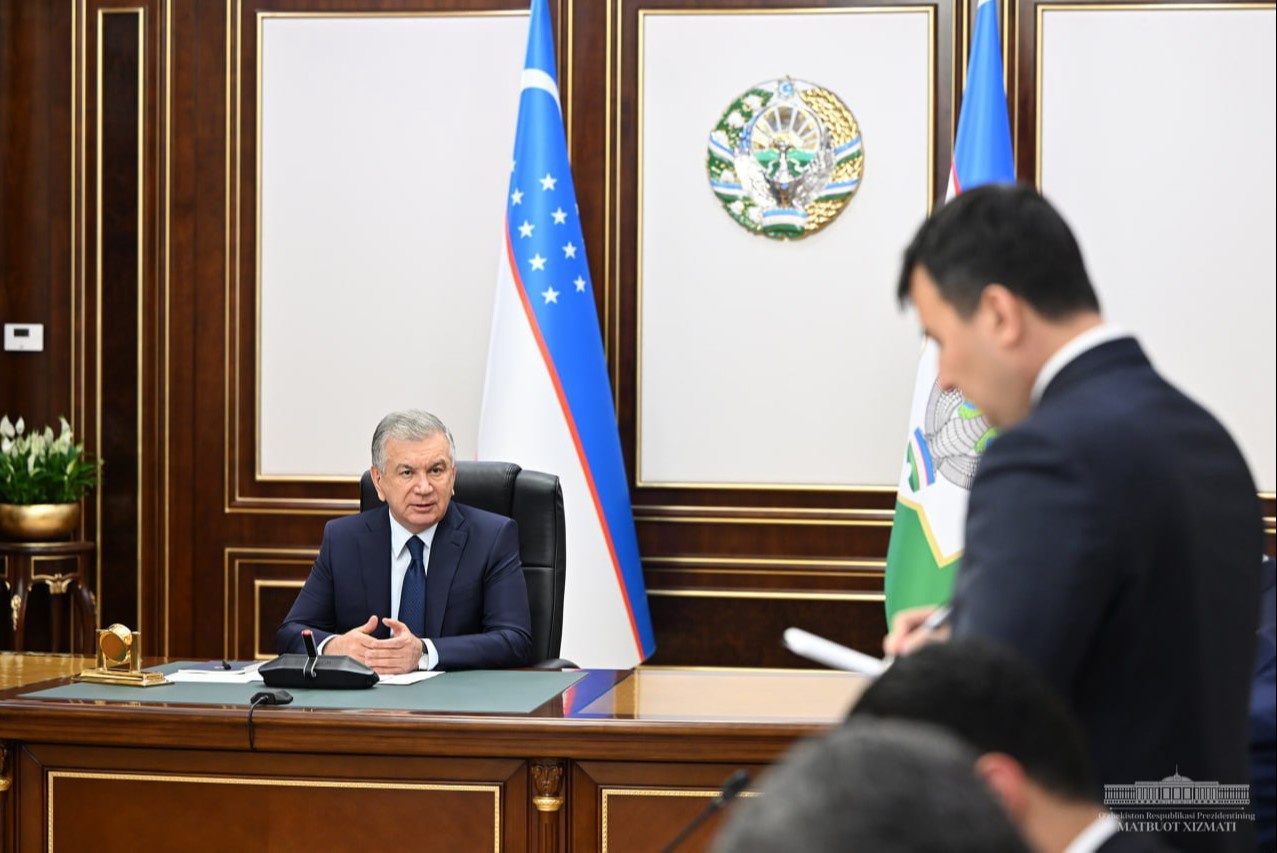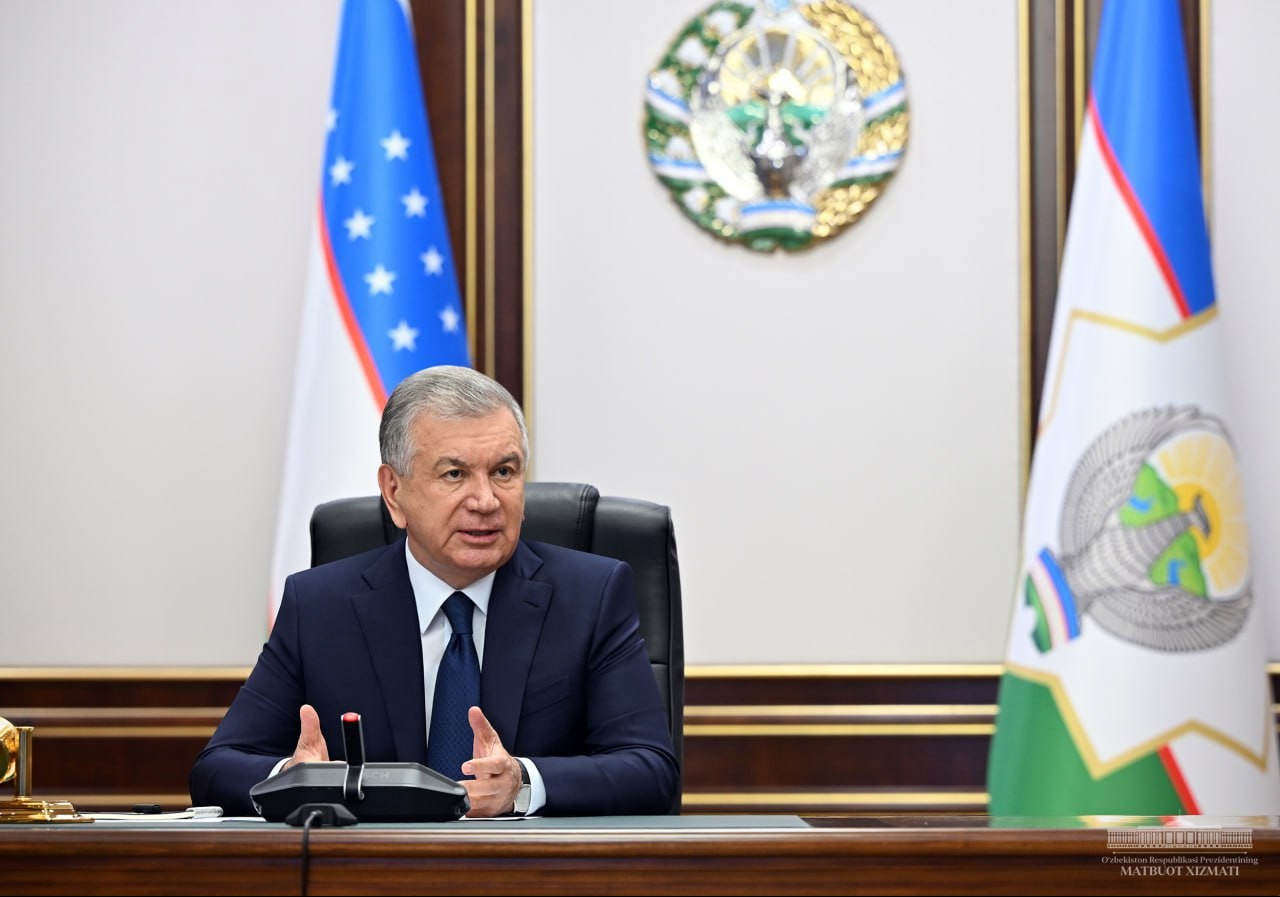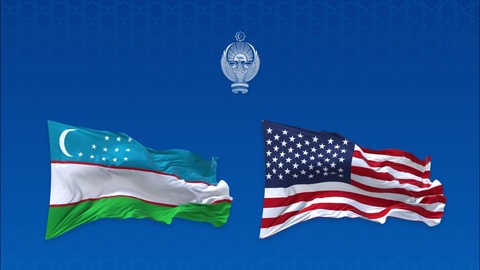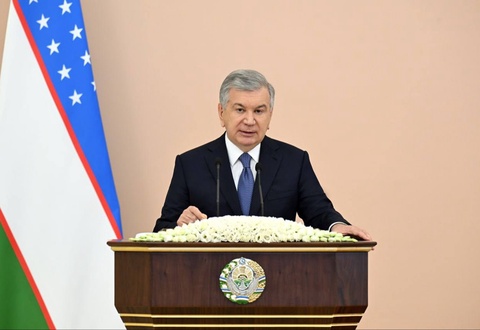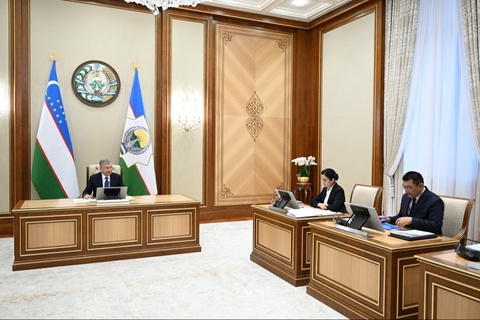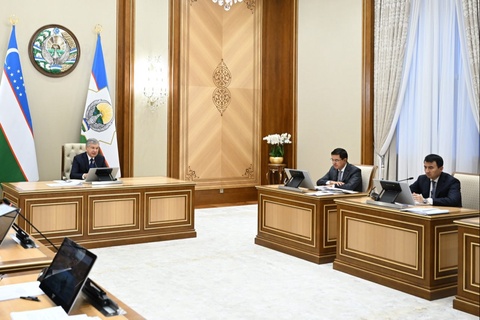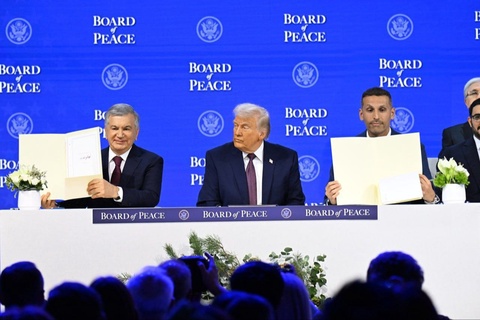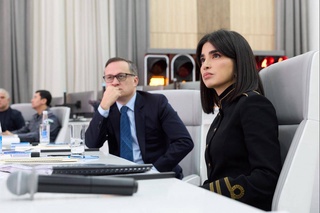The World Trade Organization is an authoritative international structure that coordinates multilateral interstate trade relations. 95 percent of world trade is with the 164 member countries. The WTO has 164 members representing 95 percent of world trade.
The main task of the WTO is to promote the sustainable development of countries and the improvement of the well-being of their population through the provision and expansion of free and transparent trade relations. This is fully consistent with the goals of the economic reforms being implemented in Uzbekistan.
Previously, half of Uzbekistan’s exports were cotton fiber. After the complete renunciation of the export of raw cotton, deliveries of ready-made clothes abroad increased 4 times, and textiles – more than $3 billion. As a result of Uzbekistan’s joining the GSP+ system in 2021, the export of finished products to the European market increased by 1.5 times.
Accession to the WTO will provide even greater opportunities for increasing exports of finished products. That is why Uzbekistan in 2019 restarted the process of joining this international structure and over the past period has taken confident steps in this direction.
At the meeting, the Head of state emphasized that Uzbekistan must certainly join the WTO, and noted the economic significance of this task.
“In the next three years, we are planning to double the export of finished products. The only way to achieve this is to become a member of the World Trade Organization. This will allow establishing a fair trade system with 164 countries and finding stable markets”, Shavkat Mirziyoyev said.
The President spoke about the need for speeding up this process in his Address last year. To this end, bilateral talks were held with more than 50 countries that are members of the World Trade Organization. In March this year, the WTO hosted the sixth meeting of the working group on Uzbekistan’s accession.
During the presentation, the issues raised by the member states of the organization during the negotiations were discussed.
Instructions were given to harmonize national legislation based on the WTO agreements and bring procedures and standards in line with international requirements. The need for attracting foreign consultants, the formation of working groups, and the systemic interaction of all ministries and embassies in this matter were noted.


